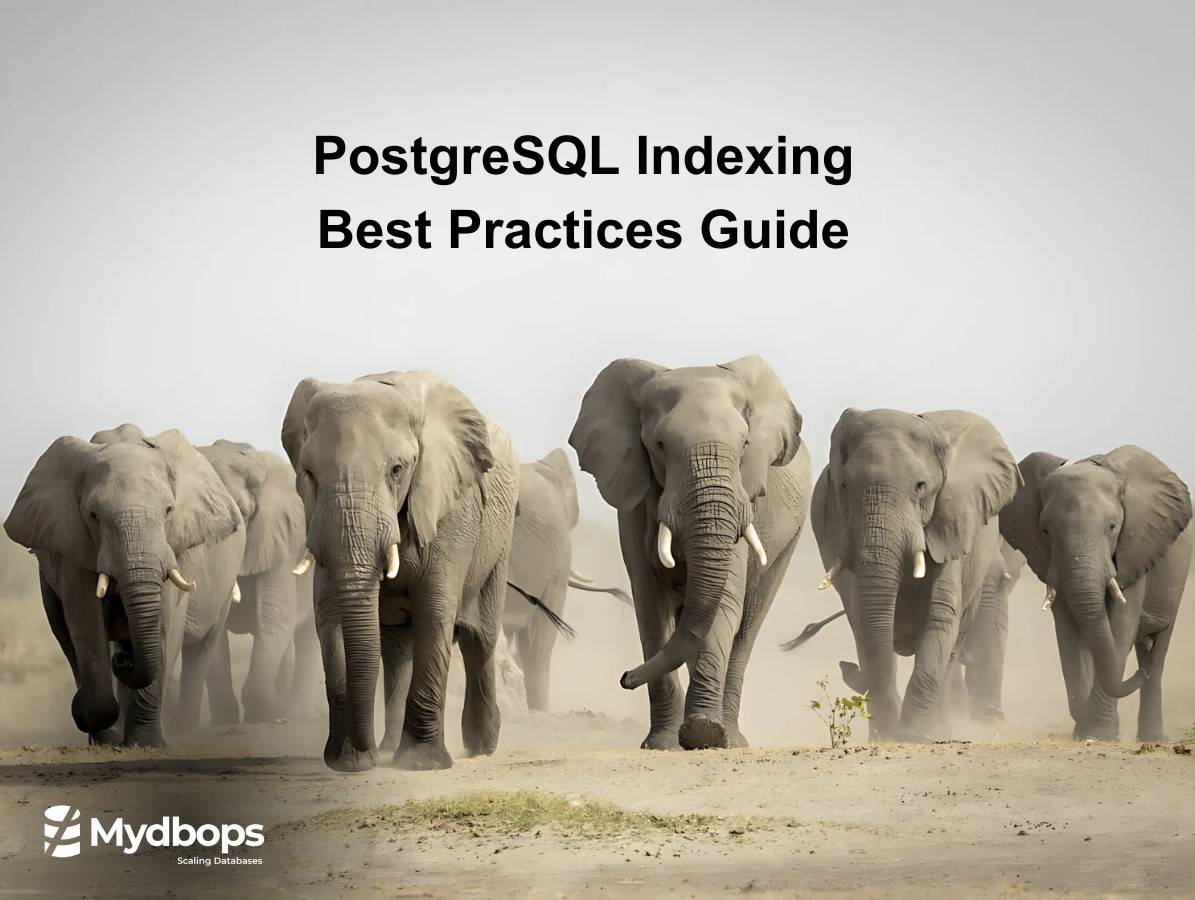A Database Management System (DBMS) is essential for storing, retrieving, and managing data efficiently. It enables organizations to handle large volumes of structured data with reliability, security, and performance optimization. Database professionals rely on DBMS to streamline operations, ensure data integrity, and support business intelligence.
DBMS comes in various types, including Relational (RDBMS) like MySQL and PostgreSQL, NoSQL databases like MongoDB, and NewSQL solutions like TiDB. These systems offer features like ACID compliance, indexing, replication, and partitioning to enhance scalability and efficiency. Choosing the right DBMS depends on factors such as workload, scalability needs, and data structure.
Managing a DBMS involves challenges like performance tuning, query optimization, data consistency, and high availability. The blogs under this tag provide expert insights, best practices, and troubleshooting techniques to help database professionals overcome these issues and improve database performance and reliability.
Stay informed with our in-depth blogs on DBMS, optimization strategies, and database best practices. Leverage expert solutions to enhance your database management capabilities!





.png)












